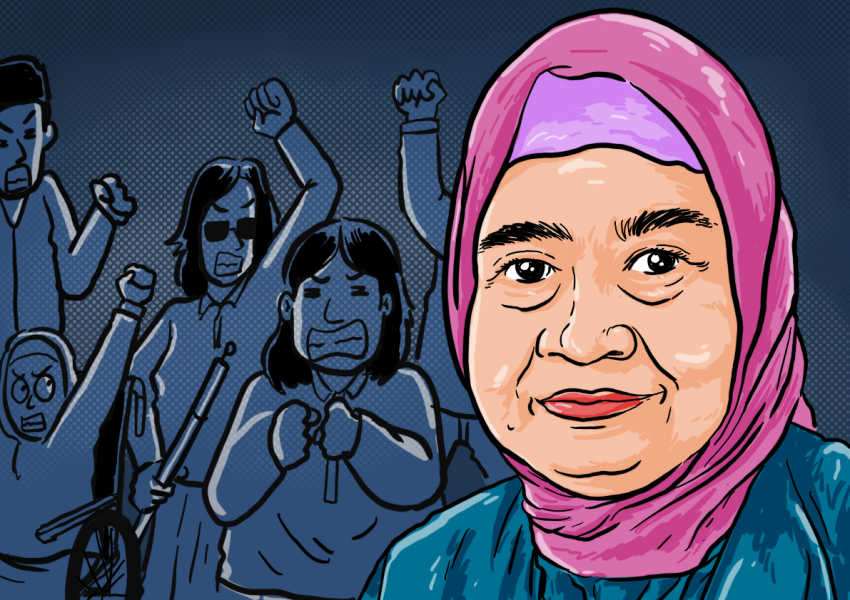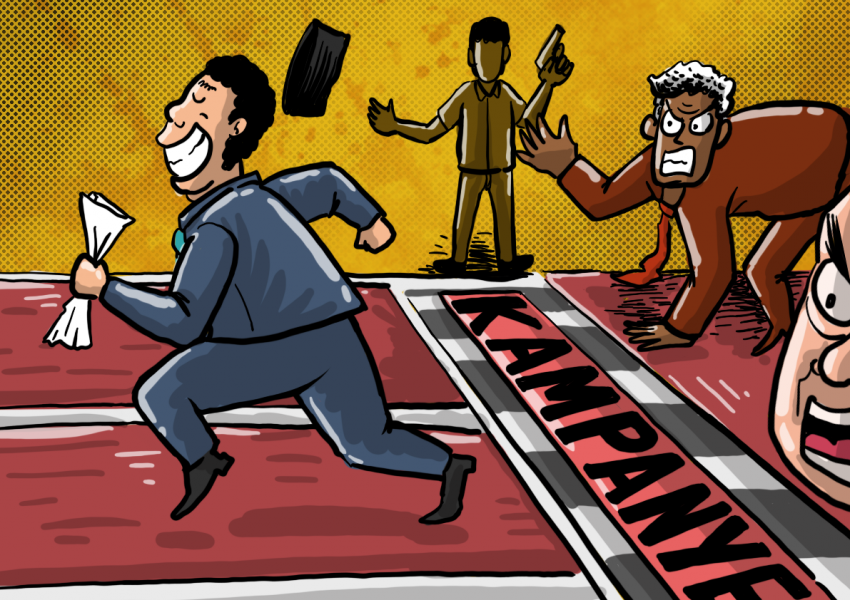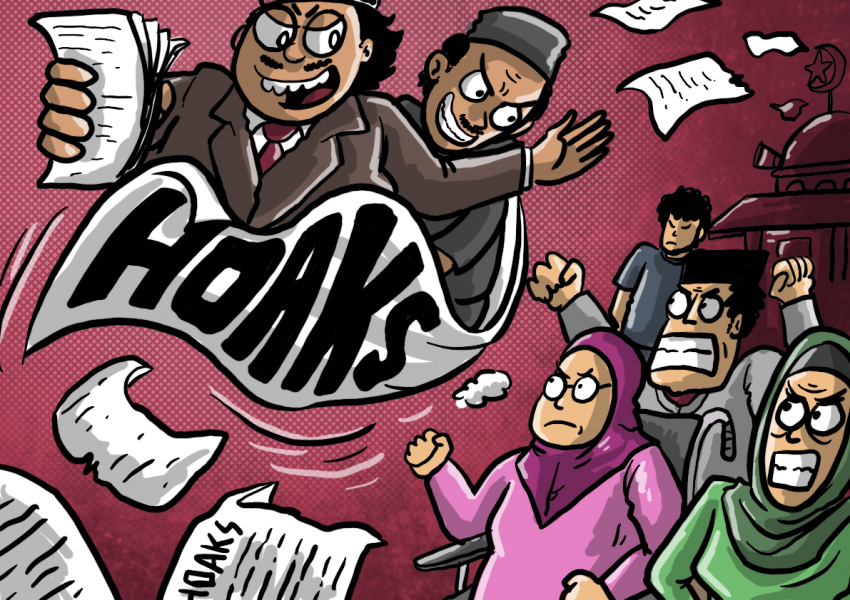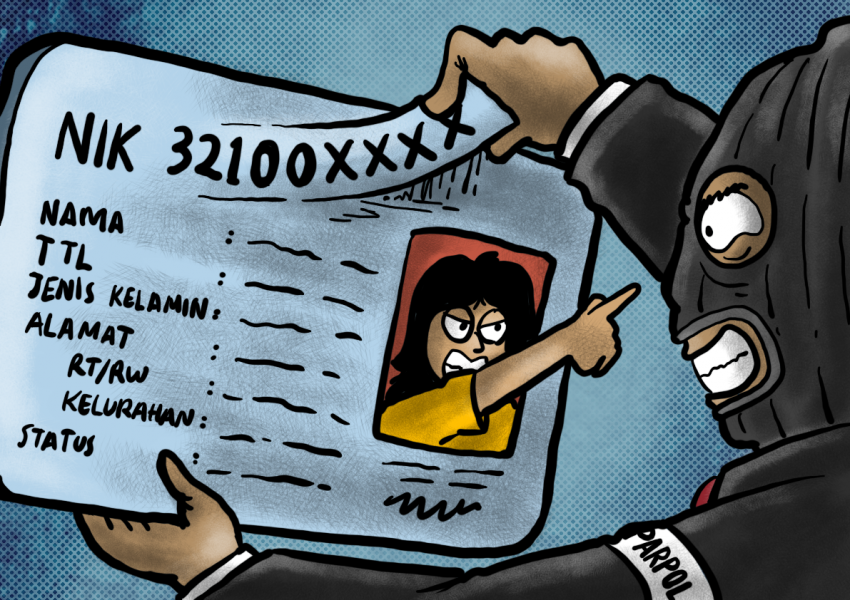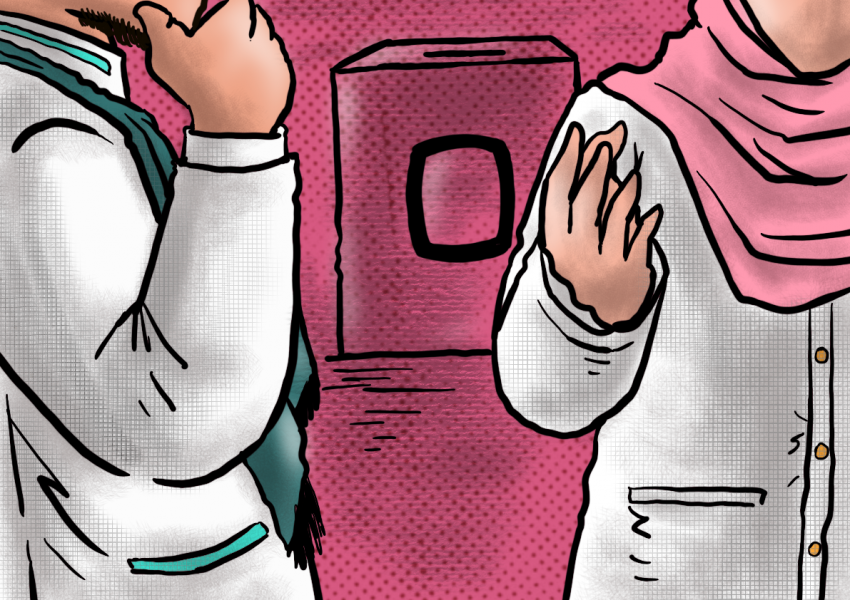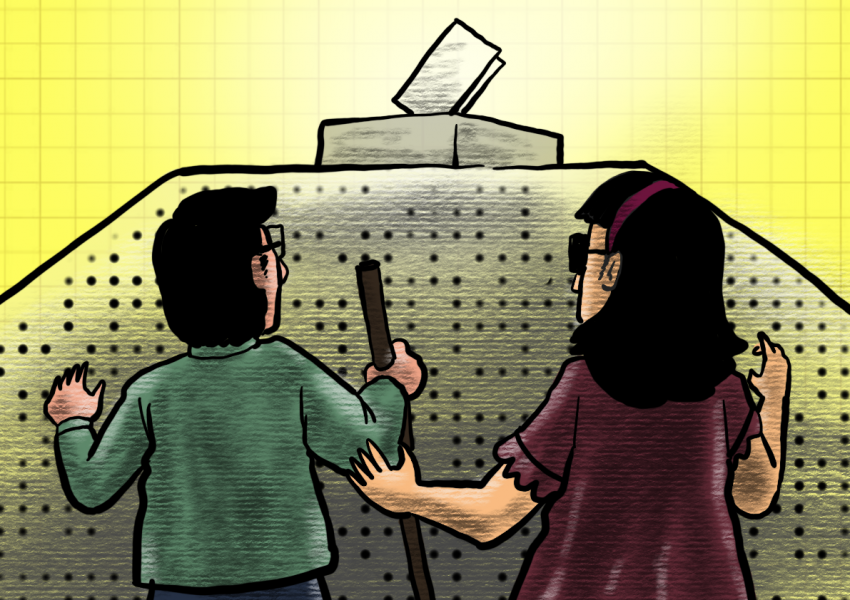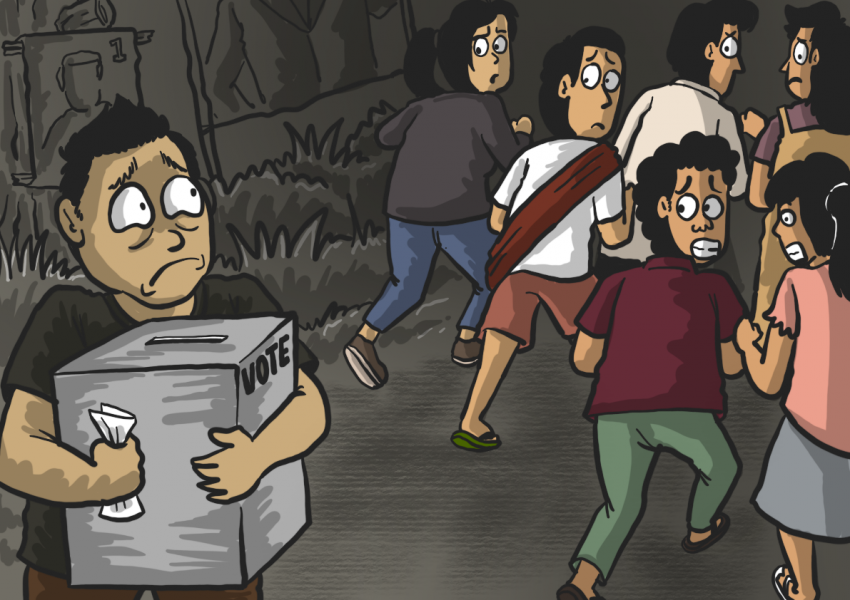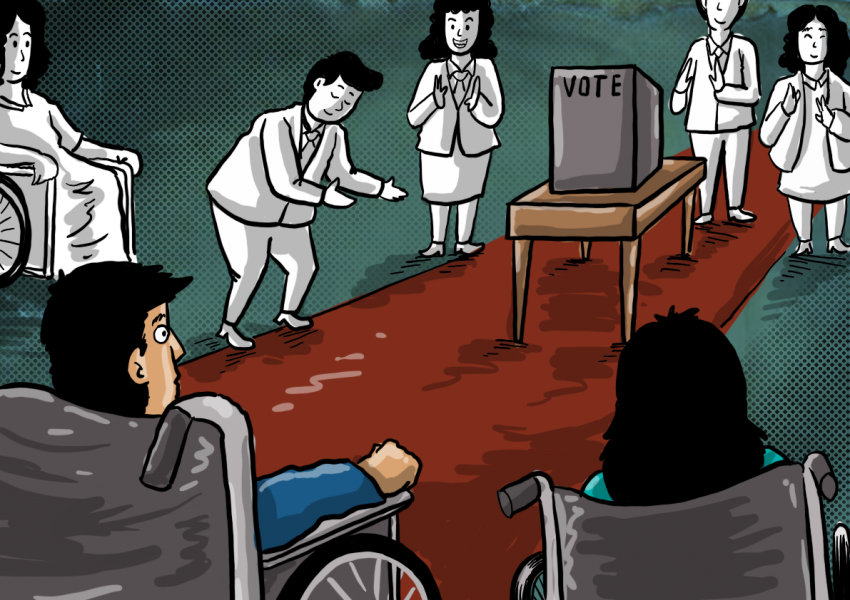
Amplifying The Rights Of Vulnerable Groups Through Citizen Journalism
The vulnerable groups often loses their democratic rights in the occurrence of general elections. The vulnerable groups themselves include groups with disabilities, indigenous groups, prisoners in jail and detention centers, to patients who are hospitalized.
Losing rights in this term means not only the right to vote but the right to be elected and also to participate in government, particularly being part of the Election organizers. It is only because of certain limitations that it becomes a material consideration for not being involved in election management.
According to data compiled by The Indonesian Committee on Human Rights (Komnas HAM) since 2020, which is also in that time in the midst of an outbreak of the Covid-19 virus, the level of vulnerability for these vulnerable groups has doubled. Some of the findings of the Komnas HAM Election monitoring team, of which include the lack of optimal coordination and socialization of election organizers with vulnerable groups, the completeness of election logistics that arrived late at several polling stations (TPS), a shortage of ballots, and voter data collection that was less than optimal.
Even during the 2019 elections, the fulfillment of constitutional rights for convicts generally has also not been optimized. The general election administration does also not yet have a specific policy in regarding to the fulfillment of the right to vote for patients who are hospitalized.
The finding on the ground regarding the right to vote for vulnerable groups, such as the process of data collection and socialization for persons with disabilities, have not been maximally carried out by the election organizers. As well as indigenous and remote community groups in several regions, they are also still facing problems in fulfilling their right to vote in the past 2019 elections.
Access or facilities at some polling stations are not friendly to the rights of persons with disabilities. Apart from collecting vulnerable groups in voter data, the provision of polling stations without access to groups with disabilities is also crucial and important to note.
An important note related to the findings on voting rights for persons with mental disabilities, namely their independency in using their voting rights. The element of secrecy in the general election process for vulnerable groups of persons with mental disabilities is a serious problem and must be given attention. (ombudsman.go.id/Senin, 29 Mei 2023/Diskusi Pemilu dan Hak-Hak Kelompok Rentan).
Due to these limitations, vulnerable groups are required to be able to amplify their rights through the mass media or various social media platforms where their voices can be heard by all parties. They can be positioning themselves as citizen journalists to tell the truth.
Such as the implementation of the Pena Inklusi in Maumere, Sikka Regency, East Nusa Tenggara (NTT). Vulnerable groups are gathered in one place to be trained in writing citizen journalism. Participants who take part in journalism training have the opportunity to learn the basics of journalism and how to write features with mentors from local senior journalists. (korantt.com/12 November 2022/pena inklusi dorong jurnalis warga wujudkan pemilu yang inklusif).
Citizen Journalists who consist of people with disabilities, LGBT, and Millennials, position themselves as mediators who brokerage between one vulnerable group and another. Disseminate information, conduct education and socialization about elections to Disabilities, LGBT, the millennial generation, groups whose voices are not heard, indigenous peoples, and women's groups through journalistic works.
In the 2019 election, according to the data from Kompas, March 19, 2019, there were 1,247,730 voters with disabilities consisting of 83,182 physically disabled, 166,364 blind people, 249,546 deaf, and 332,728 mentally retarded and 415,910 persons with disabilities who fall into other categories.
In Aceh, based on data released by KIP Aceh in 2017, the number of disabled voters in Aceh is 7,138 people. They consisted of 1,044 blind voters, 2,561 disabled voters, 1,208 deaf voters, 1,609 mentally disabled voters, and 716 other disabled voters. Voters with special needs are spread all over Aceh.potretonline.com/01 Januari 2023/pesta demokrasi tak boleh abaikan kelompok rentan).
It is hoped that vulnerable groups will be able to talk about themselves, their needs, and rights in the upcoming 2024 elections. The Citizen Journalism Program for the election is a citizen journalism movement to create spaces for social inclusion for five years.
Vulnerable groups should become the target of critical political education from both the government, political parties, and other political practitioners. It should be remembered that smart voters are one of the conditions for creating a quality democracy.

